Former UN Special Rapporteur Richard Falk discusses the Israeli-Palestinian conflict and international law.
As the dust surrounding Israel’s one-month incursion into the beleaguered Gaza Strip begins to settle, international law experts, UN officials, scholars and intellectuals are examining the different aspects of the massive onslaught, which killed more than 2,000 Palestinians and saw thousands others became homeless and displaced.
Kourosh Ziabari speaks to Richard Falk, professor emeritus of international law at Princeton University and former United Nations special rapporteur on Palestinian human rights, about Israeli policies in the Occupied Territories and Gaza.
Kourosh Ziabari: Many political commentators and legal experts have argued that the policies of Israel in the Occupied Territories resemble those of apartheid, violate the 1966 Convention on the Elimination of all forms of Racial Discrimination, and are in breach of the 1973 International Convention on the Suppression and Punishment of the Crime of Apartheid. Do you agree with this comparison? Can we trace the footsteps of apartheid in the policies and practices of the Israeli government?
Richard Falk: By the 1973 Convention and the Rome Treaty establishing the International Criminal Court, apartheid is authoritatively considered as one form of “crime against humanity.” It does not depend on establishing a “resemblance” to the racist structure that existed in South Africa during its apartheid period. What is necessary for the crime to be committed is systematic discrimination against a specific group identified by reference to ethnicity, race and religion, and encoded into its governing structure.
This discrimination is multi-faceted in the West Bank between Israeli settlers, who enjoy civil rights and the rule of law, and the indigenous Palestinians, who are without rights and the rule of law and have been subject to an oppressive military administration, which has endured for more than 47 years in the West Bank and East Jerusalem. Settler-only roads, the separation wall, checkpoints and insecure residence permits, especially in Jerusalem, are some expressions of this overtly discriminatory regime, which would seem to qualify as a massive instance of the international crime of apartheid. The multiple Israeli laws discriminating against the Palestinian minority of 1.5 million living in pre-1967 Israel has also been described by some as “apartheid,” but the case is not as clear.
Ziabari: The US and its European allies often justify Israel’s military operations in the Occupied Territories and its time-to-time incursions into the Gaza Strip as “self-defense,” claiming that Israel simply responds to the rockets fired into Israeli cities by Hamas. They never talk of the necessity for Israel to adhere to the principles of proportionality and distinction. Is the massive killing of civilians, mostly children and women, police officers — who, by the virtue of international law, are considered as civilians in wartime — and other non-combatants justifiable as a practice of self-defense?
Falk: First of all, an unbiased timeline of the three major Israeli military attacks on Gaza in 2008-09, 2012 and 2014 were each provoked by Israeli acts calculated to induce Hamas retaliatory rockets. As well, the maintenance of the unlawful blockade of goods to and from Gaza is well-established as a form of collective punishment of the occupied civilian population of Gaza, and a flagrant violation of the most fundamental obligation of the Geneva Conventions and international humanitarian law. As such, it is a continuing provocation of the people of Gaza and its governing authority. The reliance on indiscriminate rockets is a violation of the law of war, despite the very limited damage being caused. Taken in isolation, such threats to Israeli security could justify defensive measures in response, but would also require Israel to seek non-military means to uphold its security.
President Obama should be ashamed of lending support to such indiscriminate and disproportionate uses of force, resulting in such devastation of an already impoverished and stressed Gaza.
— Richard Falk
Hamas has indicated its readiness for a permanent truce if Israel lifts the blockade and negotiates withdrawal from Occupied Palestine, and it has done its part in the past to maintain several temporary ceasefire arrangements, which have been broken by Israeli acts of aggression.
Leaving these concerns aside, it is also clear that the three major Israeli assaults on Gaza have each been grossly disproportionate in the scale of violence and indiscriminate in their scope of destructiveness or worse, targeting forbidden structures, including residences, hospitals, mosques, schools and UN facilities. In effect, Israel has no legitimate claim of defensive force, and the force it has deployed violates international criminal law. Additionally, Hamas has a right of resistance, but must exercise this right in accordance with international humanitarian law, and its requirement that force be limited to military targets.
Ziabari: The United Nations Fact Finding Mission on the Gaza conflict in 2009 concluded that Israel had committed war crimes and possibly crimes against humanity in the 22-day incursion into the Gaza Strip, in which around 1,400 Palestinian citizens were massacred. The Mission called on Israel and Hamas to conduct investigations into their conduct during the conflict, and demanded the UN Security Council to refer the case to the International Criminal Court (ICC), if the belligerents failed to investigate war crime allegations.
However, Israel refused to comply with the Goldstone Report, and then no international legal institution took action to hold Israel accountable. Does this mean that international law is so frail and unbinding that Israel can ignore it ostentatiously and maintain its past policies?
Falk: It is correct that the Human Rights Council via the Goldstone Report established convincingly that Israel had been seemingly guilty of serious forms of criminality in the course of the military operation in 2008-09, but that its recommendations were not implemented. This does reveal a weakness in the implementation of international law, and its vulnerability to what might be called a geopolitical veto. If geopolitics is differently aligned as it was in relation to Libya in 2011, or in relation to sanctions imposed on Iran and more recently Russia, international law will be “enforced,” even when the basis for law enforcement does not exist.
Outside commercial and routine international relations, the effectiveness of international law is dependent on the political climate. The Palestinian claims to be protected under international humanitarian law are tragically put aside in deference to these political factors, which assure Israel and its leaders of de facto impunity for the crimes it commits.
At the same time, there is a growing responsiveness of people throughout the world to Palestinian grievances and victimization. The Goldstone Report was influential in increasing grassroots support around the world for the BDS [Boycott, Divestment and Sanctions] campaign. It would be helpful to have Goldstone II, of course, without Goldstone, even though it is highly unlikely that the UN would be able to implement its findings; but it might embarrass the ICC. An investigation by the ICC would even be a symbolic setback for Israel in the ongoing “legitimacy war.”
It has been troubling, although not surprising, that the mainstream media has by and large avoided allowing critics of Israel to express their views. My experience with the BBC has also been repeated with the American media. It is a failure of democracy when, on an issue of this sort, the public debate is limited to the side favored by the government and powerful lobbies.
— Richard Falk
It is important to keep in mind that the outcome of wars in the last 75 years has been controlled not by the side that has the more powerful military capabilities, but by the side that seizes and holds the high moral and legal ground. Israel controlled these symbolic heights, at least in the West, until a decade ago, but the Palestinians started to reverse those realities in the 2006 Lebanon War. That process has now gone much further during the massacre and devastation in this latest Israeli onslaught against the Gazans, who are essentially encaged within the crowded confines of the Gaza Strip.
Ziabari: What do you think about the international community’s response to the recent Israeli offensive into the Gaza Strip, which has cost the lives of over 2,000 Palestinians? Why is President Barack Obama so silent and indifferent toward this outright carnage? Is this a conduct that one may expect of a Nobel Peace Prize laureate?
Falk: The international response, including by the UN, has been shockingly feeble. Even calls for a ceasefire have been met by defiant refusal on the part of Israel. The theme articulated in the West that Israel “has the right to defend itself,” first in response to rockets and later the tunnels, fails to take any account of the degree to which Israel launched a vicious anti-Hamas campaign after the kidnapping incident in the West Bank on June 12, accusing Hamas with no evidence; arresting as many as 500 Palestinians suspected of links with Hamas; house demolitions; nighttime raids on family dwellings; lockdowns of towns and villages; and airstrikes in Gaza.
On the basis of past experience, it is clear that Israel was expecting rockets to be fired in response, with the intention to launch a major military operation for a variety of goals, including the punishment of Palestinians for forming a unity government in early June, which brought the Palestinian Authority and Hamas together for the first time; and a show of force intended to make Palestinians, including those in the West Bank and East Jerusalem, accept the permanence of Israeli occupation.
President Obama should be ashamed of lending support to such indiscriminate and disproportionate uses of force, resulting in such devastation of an already impoverished and stressed Gaza.
Perhaps most shocking of all has been the pro-Israeli posture struck by Egypt and Saudi Arabia, as well as other Arab governments with the notable exception of Qatar. These governments, besides being subject to American influence, are primarily expressing their hatred and fear of political Islam as associated with the Muslim Brotherhood, of which Hamas is seen as offshoot. This opposition to political Islam is stronger than is the opposition to Israel, which is regarded as a fixed reality in the region in any event. Israel is also aligned with Saudi Arabia, the United Arab Emirates and other regional actors in the sectarian tensions that relate to Iran.
Ziabari: In one of your recent articles, you criticized the BBC for its lopsided coverage of developments in Gaza, and that producers from the broadcaster called you several times for you to appear on their shows about the Gaza War, but later retreated from their invitation abruptly, without any clear explanation. Is there any pressure on the BBC and other mainstream media outlets by interest groups and foreign lobbies to adopt certain editorial policies, notably in favor of Israel?
Falk: Yes, it has been troubling, although not surprising, that the mainstream media has by and large avoided allowing critics of Israel to express their views. My experience with the BBC has also been repeated with the American media. It is a failure of democracy when, on an issue of this sort, the public debate is limited to the side favored by the government and powerful lobbies. The society itself is more divided. But Washington and the media act as if there is unified support for Israel, and there are many attempts by Zionist groups to discipline university professors and journalists who step out of line. It is a sad commentary on the way a free society is supposed to operate.
Ziabari: In November 2012, the UN General Assembly overwhelmingly voted to grant Palestine Non-Member Observer State status, and to recognize Palestine as one of the serious candidates of permanent UN membership. How important do you consider it for Palestine to be officially recognized in international organizations, and to establish formal diplomatic relations?
Currently, Palestine has diplomatic relations with some 130 countries. The approval of its membership in UNESCO in 2011 and its Non-Member Observer State membership in the UN General Assembly infuriated Israelis a great deal. Why do you think the Israelis have been so angry at these developments?
Falk: It is difficult to understand Israel’s motivation. It seems related to its expansionist vision of Israel, which depends on a Palestinian state never coming into existence. Now that Palestine has been acknowledged as a state by the General Assembly, it creates a clear point of antagonism with this effort by Israel to occupy permanently, or to incorporate formally, at least most of the West Bank. It has already acted unilaterally to annex East Jerusalem in defiance of the UN. Palestinian statehood also carries the potential of recourse to the International Criminal Court, which would be treated by Israel as a virtual act of war. Any use of international law to challenge Israeli policies and practices is perceived as a greater threat to Israeli ambitions than is Palestinian armed resistance, and is demeaned by the epithet of “lawfare.”
Ziabari: What is your view on Israeli settlement construction on Palestinian land? Settlements have been a major sticking point in peace talks; even the US government, as the largest military and financial benefactor of Israel, has voiced its concern over settlements. Are settlements legal according to the principles of international law?
Falk: The Israeli settlement phenomenon has been almost universally condemned as a violation of Article 49(6) of the 4th Geneva Convention, which forbids the transfer of population from the occupying power to that of the occupied society. Israel has continually flaunted the international consensus that has viewed settlements as unlawful encroachments on Palestinian territory, which also makes the idea of a negotiated settlement of the conflict increasingly unrealistic. There are more than 500,000 settlers in over 100 settlements. The collapse of negotiations in April after months of fruitless efforts signals the end of the road for the idea that diplomacy could solve the conflict, in a framework where the most partisan state pretended to serve as intermediary.
The Gaza massacre, once again achieving no political victory for Israel, should also signal the end of the road for those favoring a military solution. What is left? The combination of Palestinian resistance, possibly a third intifada — perhaps generalized to become the first global intifada — together with the militant tactics of nonviolent solidarity with the Palestine national movement, and dedicated to the goals and methods of the BDS campaign, reinforced by calls for an arms embargo on sales to or from Israel.
*[This article was originally published by Iran Review.]
The views expressed in this article are the author’s own and do not necessarily reflect Fair Observer’s editorial policy.
Support Fair Observer
We rely on your support for our independence, diversity and quality.
For more than 10 years, Fair Observer has been free, fair and independent. No billionaire owns us, no advertisers control us. We are a reader-supported nonprofit. Unlike many other publications, we keep our content free for readers regardless of where they live or whether they can afford to pay. We have no paywalls and no ads.
In the post-truth era of fake news, echo chambers and filter bubbles, we publish a plurality of perspectives from around the world. Anyone can publish with us, but everyone goes through a rigorous editorial process. So, you get fact-checked, well-reasoned content instead of noise.
We publish 2,500+ voices from 90+ countries. We also conduct education and training programs
on subjects ranging from digital media and journalism to writing and critical thinking. This
doesn’t come cheap. Servers, editors, trainers and web developers cost
money.
Please consider supporting us on a regular basis as a recurring donor or a
sustaining member.
Will you support FO’s journalism?
We rely on your support for our independence, diversity and quality.



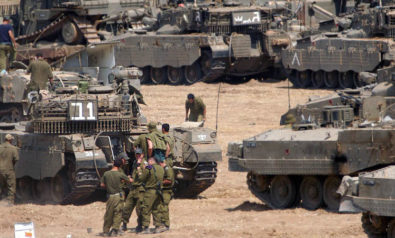
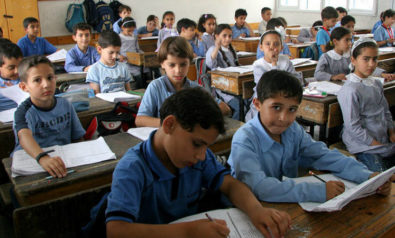

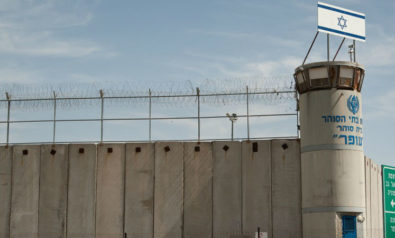
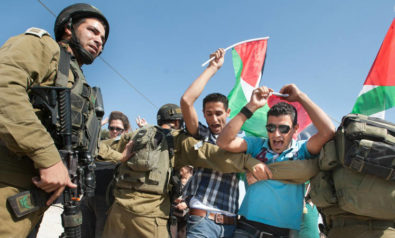
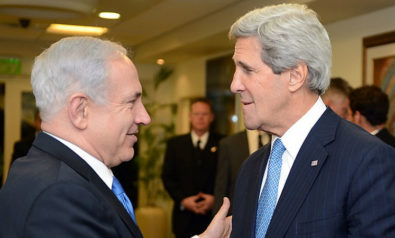
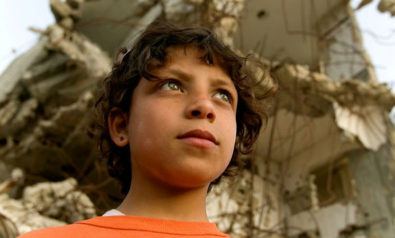

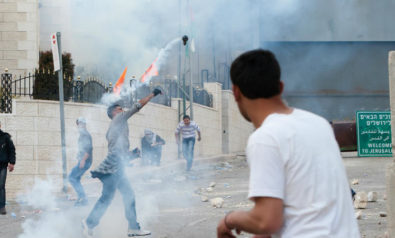
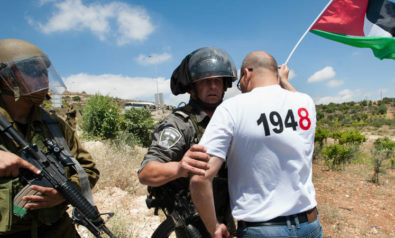
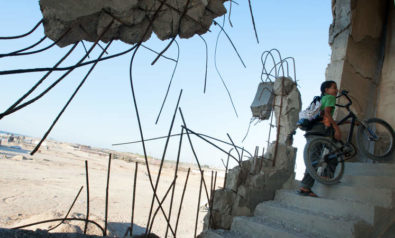

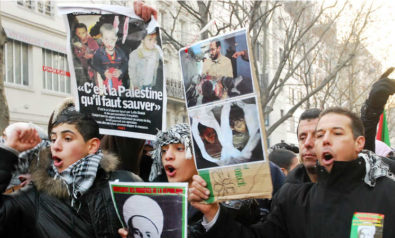
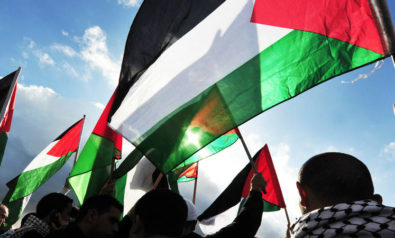

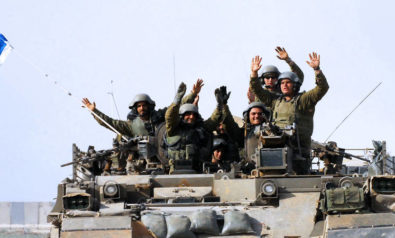
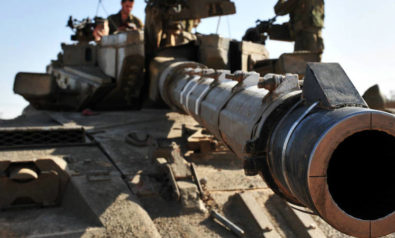
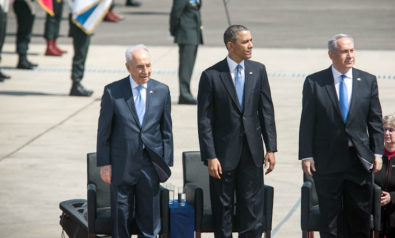
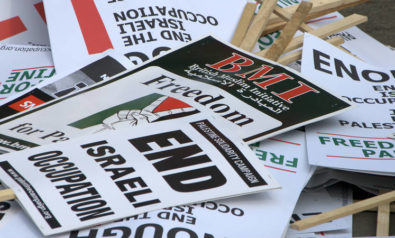
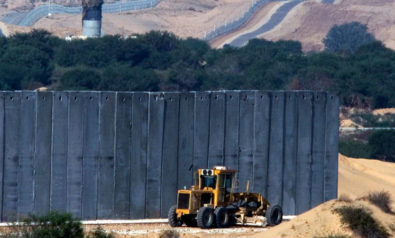
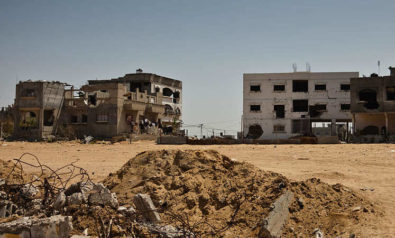

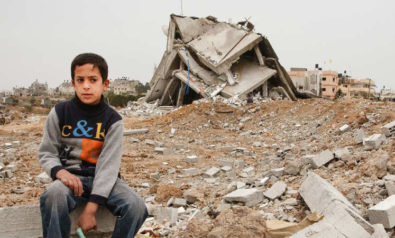
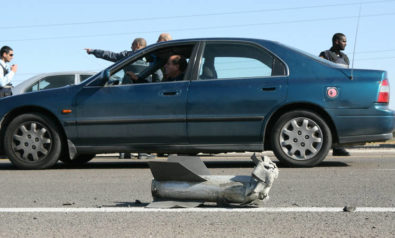
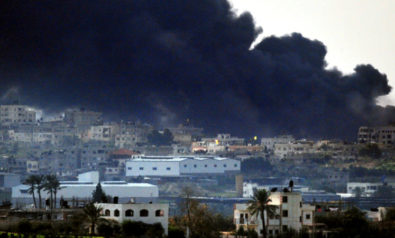
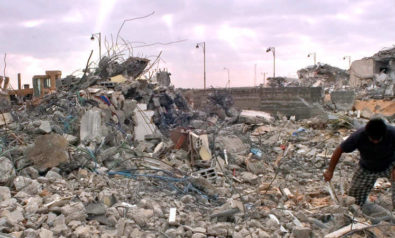
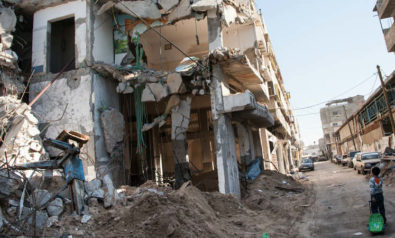
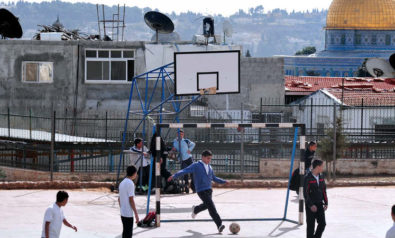

Comment